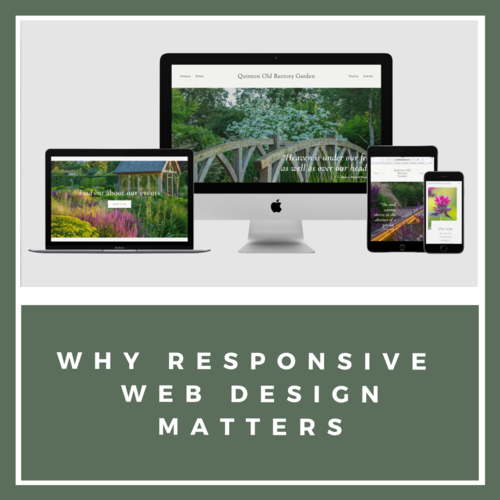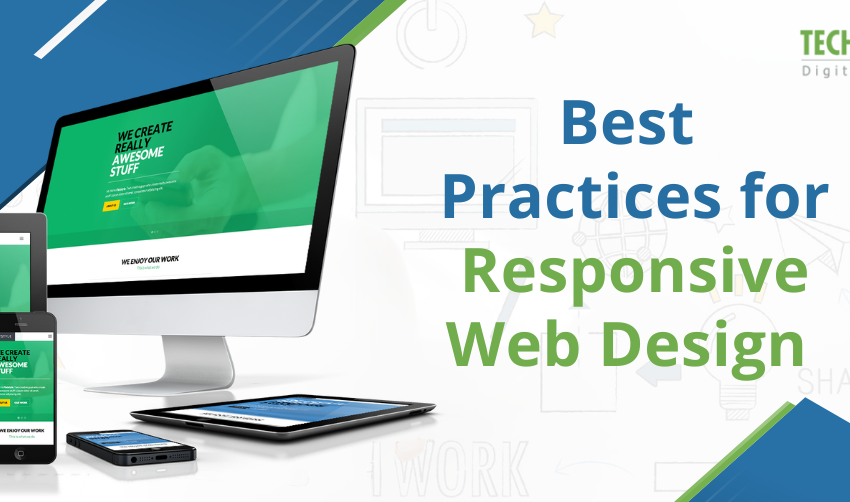What is Responsive Web Design and Why It Matters
With the increasing use of smartphones and tablets, the need for websites to be responsive has become more important than ever. Responsive web design is a technique that allows a website to adapt to different screen sizes and devices, providing a seamless user experience regardless of the device being used.
What is Responsive Web Design?
Responsive web design is a method of designing and developing websites that automatically adjust to the size and orientation of the user’s device. This means that a website will look and function the same whether it is viewed on a desktop computer, a smartphone, a tablet, or any other device with a different screen size.
Responsive web design utilizes a combination of flexible grids and layouts, images, and CSS media queries to create a website that is able to respond to the user’s behavior and environment. This allows for a more optimal viewing experience, making it easier for users to navigate and interact with the website.
Why Responsive Web Design Matters
1. Improved User Experience
One of the main reasons why responsive web design is important is that it provides users with a consistent and seamless experience regardless of the device they are using. This is crucial in today’s digital age, where users expect websites to be easy to use and navigate on any device.
2. Higher Conversion Rates
Having a responsive website can lead to higher conversion rates as it ensures that users can easily access and interact with your website on any device. This means that users are more likely to stay on your website, engage with your content, and ultimately convert into customers or leads.
3. Better SEO Performance
Responsive web design can also have a positive impact on your search engine optimization (SEO) efforts. Google considers mobile-friendliness as a ranking factor, which means that having a responsive website can help improve your search engine rankings and drive more organic traffic to your site.
4. Cost-Effective Solution
Instead of having separate websites for desktop and mobile users, responsive web design allows you to have a single website that can adapt to different screen sizes and devices. This can help save time and resources on development and maintenance, making it a cost-effective solution for businesses of all sizes.
5. Future-Proofing Your Website
As technology continues to evolve and new devices are introduced, having a responsive website can future-proof your online presence. By implementing responsive web design, you can ensure that your website remains accessible and relevant to users no matter what devices they may be using in the future.
Conclusion
Responsive web design is no longer a nice-to-have but a must-have for businesses looking to succeed in the digital landscape. By creating a website that is responsive, you can improve the user experience, increase conversion rates, boost SEO performance, save costs, and future-proof your online presence. With the increasing use of mobile devices, responsive web design is an essential component of a successful online strategy.


